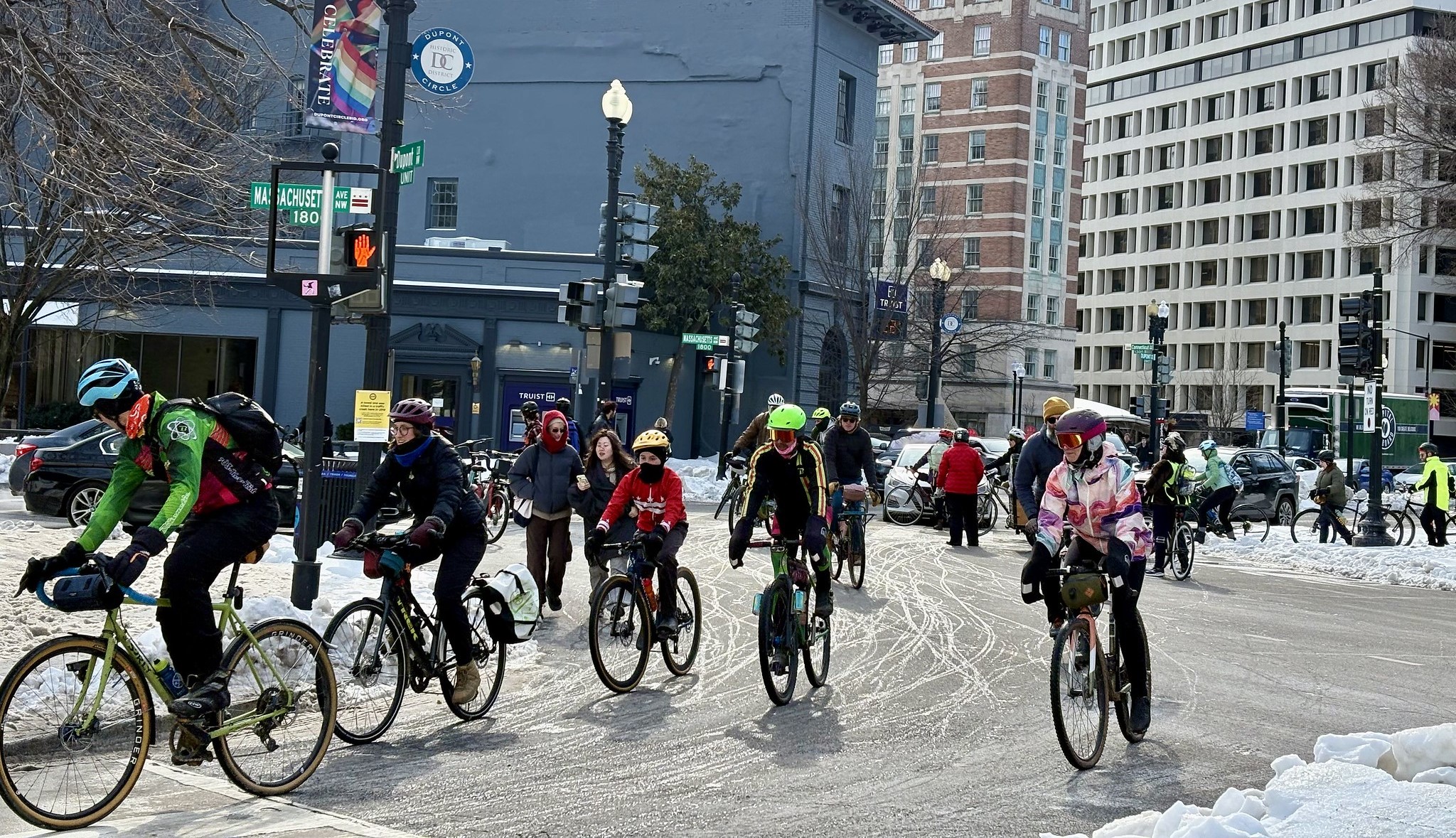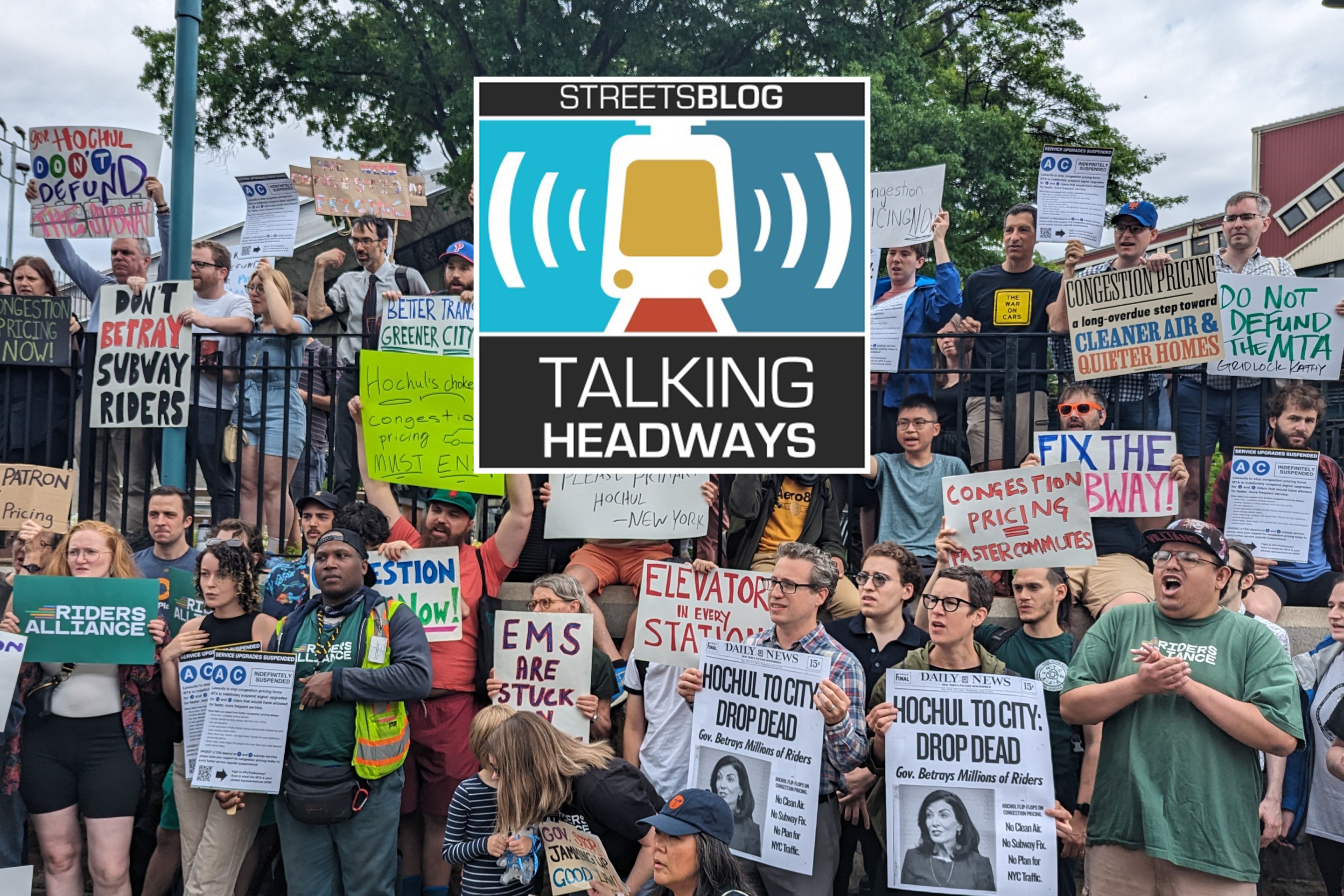There's a fixed mindset in many corners of the country, perhaps especially in the Midwest, which holds that highway building is an unquestioned economic good.
Aaron Renn at the Urbanophile captures it perfectly in this quote borrowed from a friend: "Highways and bridges and casinos are their answer to every problem: Tax base eroding? Build a casino. Urban congestion? Build a highway. Can’t get to casinos? Build a bridge."
That definitely seems to be the strategy elected leaders are pursuing in Indiana, Renn says. After three decades of political pressure from southwest Indiana, the state has begun constructing I-69 between Evansville and Indianapolis, a project that will likely cost at least a billion or two dollars to complete. And already, highway boosters are starting to agitate for their next big project: I-67.
Renn says this type of highway building has become completely divorced from transportation needs -- it's just a "snake oil solution" the state can sell to struggling communities:
One might perhaps justify I-69 on the simple matter of fairness. Look at a map and see freeway spokes radiating from Indianapolis to the rest of the state, with the southwest link missing. But it certainly wasn’t justified economically. The existing interstate rolling through Southern Indiana, I-64, is the least traveled in the state despite linking St. Louis and Louisville, and has not spawned much in the way of economic development. There’s little prospect for I-69 doing much better, at least south of Bloomington. If you wanted to build it to try to save the Crane Naval Warfare Center from closure then fine, but at least say that’s why you’re building it.
But I-67?
What this actually shows is that for a lot of people, building highways is a end itself.
There will never be a day when people aren’t pushing some sort of massive boondoggle. It may well be that the state hasn’t agreed to build this road. But it’s also early. Few of Indiana’s major projects, whether that be the Illiana Expressway, I-69, or the Ohio River Bridges, were cooked up by the engineers in INDOT’s planning department. Instead, they were local priorities that over time became “high priority” projects for the state.
Without much else to offer economic hope to fading rural areas, small towns, and old small industrial cities, highway construction is easy snake oil solution. No amount of highway construction will ever satiate this never-ending demand for yet more mega-roads.
Elsewhere on the Network today: Greater Greater Washington reports that DC may start offering reimbursement to District employees who commute by bike. Mobilizing the Region writes that New York state just slashed funding for biking and walking, soon after enacting a complete streets law. And Systemic Failure remarks on a court case that could have implications for rails-to-trails projects nationwide.






